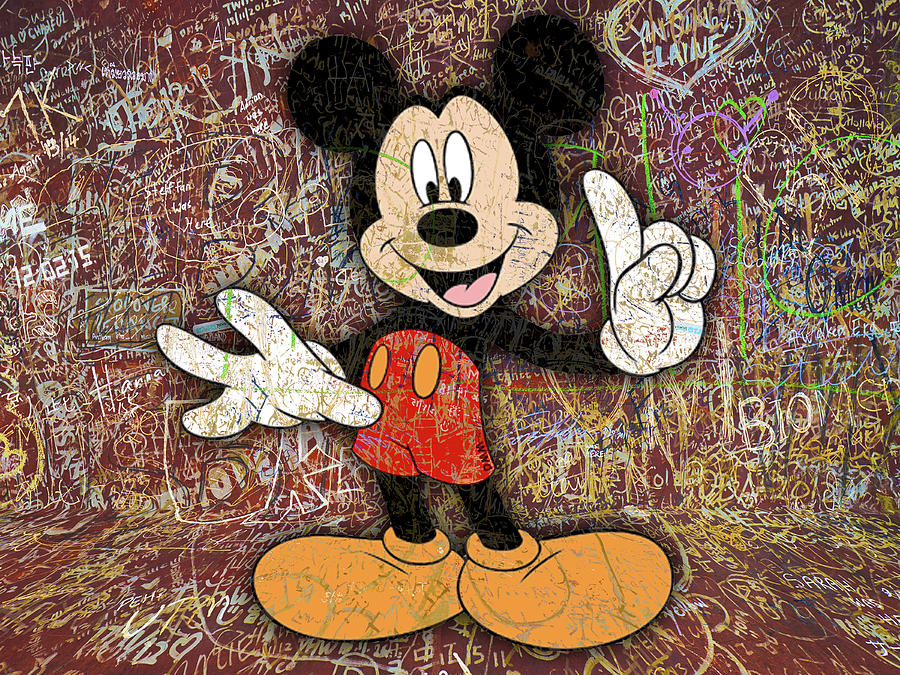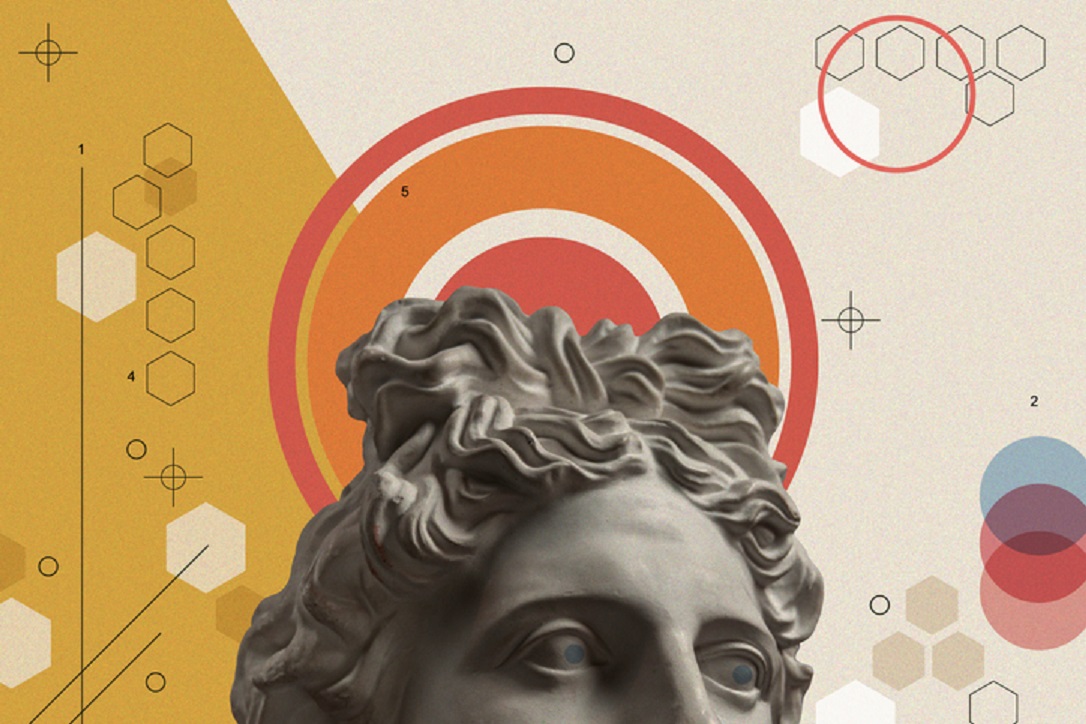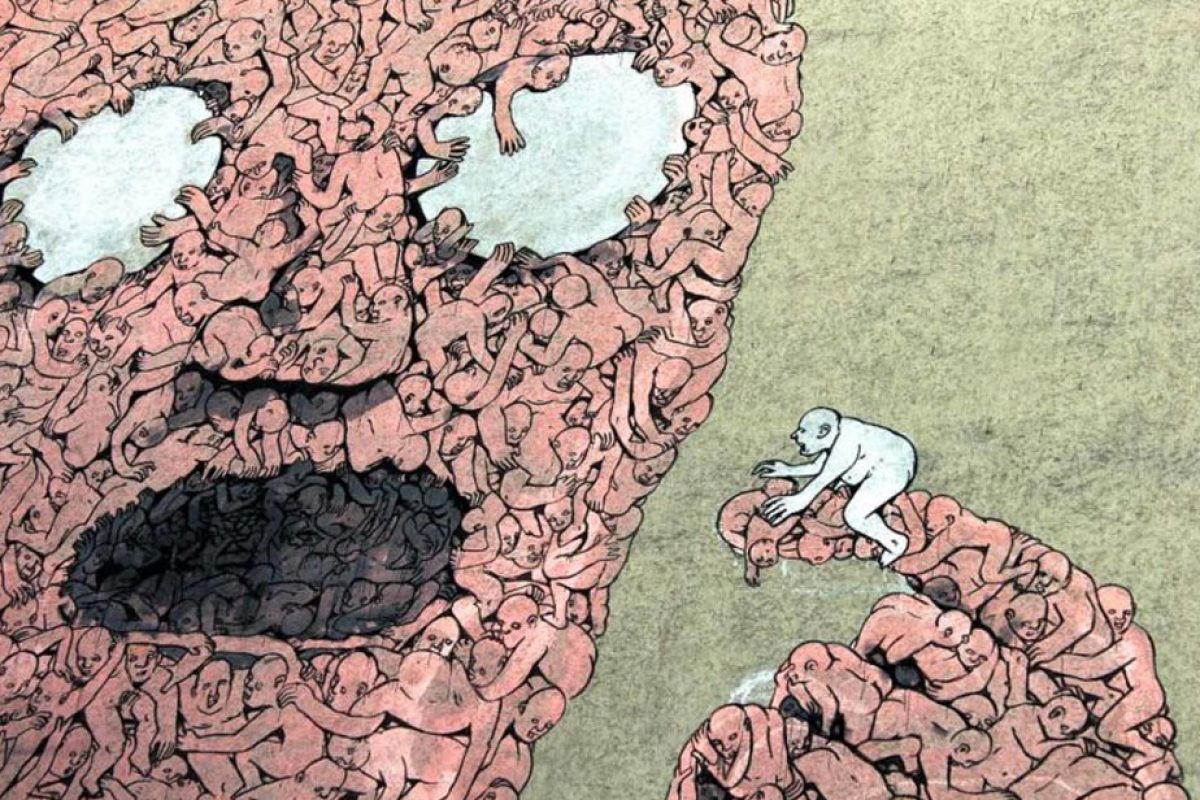Everything that is done with a view to the self being the beneficiary is a finite game and finite games never get us anywhere. Finite play is all about ‘holding onto our position no matter what’ and so of course this isn’t going to get us anywhere. The whole point is that we don’t ‘get anywhere’, that we don’t allow ourselves to be moved out of our comfort zone. As James Carse says, the point of a finite game is to make sure that we are never ‘taken by surprise’ and this is another way of saying that we play finite game is to make sure that we ‘hold on’ rather than ‘let go’. ‘Holding on’ (or ‘staying in control’) is how we create the self.
Anything that is done with a view to the self being the beneficiary is all about the self and nothing else, and what this means is that there is actually no diversity in our activities. On the contrary, there is only ‘the ongoing monotony or tedium of the self striving to benefit the self’. I might think that I have attained many things, or that I have accumulated many diverse achievements, but that is all just the self trying its best to benefit itself, over and over again. It’s a wonder we don’t get tired of it!
What we’re talking about here therefore is a kind of invisible limitation – it’s a limitation that doesn’t get recognised as such because to me the self is the ‘be all and end all’. The self is the universal yardstick that I used to measure everything against, it is what I use to determine whether something is important or not, meaningful or not. Just as long as I don’t question this yardstick I won’t know that I live in a strictly bounded world. I’ll never see that. I won’t know that everything has a ‘ceiling’, and a very low ceiling at that…
To be unaware of the arbitrary rather than absolute nature of who I take myself to be is to imagine that we live in a world that is open, unbounded, gloriously expansive, when actually nothing could be further from the truth! The world I live in when everything is done exclusively on the basis of ‘who I take myself to be’, ‘who I understand myself to be’, is terribly, terribly limited. It couldn’t be more limited. I am actually wholly contained within a false world, a false world that is brought into being the moment I lose sight of the way in which my yardstick (my means of relating to the world) is arbitrarily arrived at.
The moment ‘what is freely chosen’ is implicitly understood as ‘an absolute given’ the Deterministic World snaps abruptly into existence all around us. The moment any ‘absolute’ comes into the picture the Deterministic World – which is to say the world where everything is prefigured, the world in which everything is a working out of our fixed but invisible assumptions – is the result. We can’t ever escape our assumptions in other words; we can never see beyond them because we have – without knowing it – already decided that there is nothing beyond them. We’ve made up our minds about that.
There are two ways to look at what these assumptions of ours are: [1] is to say that the assumption in question is that ‘this is the right position from which to view the world’ and [2] is to say that this idea that I have of myself is who I really am. ‘This is the right position from which to view the world’ and ‘this position is me’ are equivalent statements. Having definite thoughts requires us to have a definite viewpoint and our thoughts are extensions of this definite viewpoint. The concrete world we perceive and believe in is an extension of the concrete self which believes in it.
In order to be able to ‘say what things are’ we first have to assume a baseline and this baseline has to be completely immune to all questioning – if the baseline wasn’t ‘immune to all questioning’ then when we say what things are what we say will be questionable and if ‘what we say things are’ is questionable then what is the point in saying it? The whole exercise becomes entirely meaningless in that case. The other side of this is that we can’t ever escape from this baseline, and the rub here is that the baseline we can’t escape from isn’t a real thing. The only reason it seems to be a real thing is because we have made it unquestionable, because we have made it unexaminable. This is the point that we need to make about the process of reification therefore – that it ‘gives with one hand but takes away with another’. We are given the security of living in a reified world, which we like, and at the same time we are tethered to an unreal point of reference, an unreal point of reference that we absolutely can’t get away from, and this turns out to spell big trouble down the road (as we might imagine).
Saying that we are ‘tethered to an unreal point of reference that we can never get away from’ turns out to be a very succinct way of talking about our basic everyday human experience. That’s our situation in a nutshell, even if we don’t immediately recognize it. The ‘pros’ of this peculiar situation of ours is that we have the comfort of living in a world that makes sense to us, a word that we can completely understand, whilst the ‘cons’ are that this world is quite unreal!
As we said earlier, this ‘unexaminable point of reference’ may be said to be the way in which we look at things, or think about things, or it may be said to be the everyday self. In the first instance we can say that we can’t ever go beyond our thoughts and in the second instance we can say that we can’t get away from the self. As we have said, these are equivalent statements – either way we’re tethered to something unreal that we can’t see to be unreal and so whatever sense of security that we have obtained from being tethered is more than amply offset by the fact that this reference point doesn’t exist! It’s a fantasy we buy into.
The essential mechanism behind the process of replication is always the same we choose one position from an infinity of them and then we proceed on the basis that there was never any choice. As Robert Anton Wilson says in Prometheus Rising,
Imprints (software frozen into hardware) are the non-negotiable aspects of our individuality. Out of the infinity of possible programs existing as possible software, the imprint establishes the limits, parameters, perimeters within which all subsequent conditioning and learning occurs.
Before the first imprint, the consciousness of the infant is “formless and void” – like the universe at the beginning of Genesis, or the descriptions of unconditioned (“enlightened” i.e., exploded) consciousness in the mystic traditions. As soon as the first imprint is made, structure emerges out of the creative void. The growing mind, alas, becomes trapped within this structure. It identifies with the structure; in a sense, it becomes the structure.
This entire process is analysed in G Spencer Brown’s Laws of Form, and Brown was writing about the foundations of mathematics and logic. But every sensitive reader knows that Brown is also talking about a process we have all passed through in creating, out of an infinite ocean of signals, those particular constructs we call “myself” and “my world”.
When we act on the basis that ‘there is only the one point of view’ (when the truth is that there are an infinity of them) then the Deterministic Universe is created – the universe in which there is no freedom. The Deterministic Universe is actually a lie therefore – it’s a lie because it’s premised on a misrepresentation of the truth, but it is nevertheless a lie that we are very effectively trapped in. It may be a lie but it’s a lie we are functionally incapable of seeing through (just as long we continue to operate on the basis of the thinking mind).
The universe which is made-up of rules is a lie – it’s a lie because these rules were freely chosen in the first place. We may not have any awareness of having made such a choice but we made it all the same. We had to make it – if we hadn’t made it there then there would be no rules, no Deterministic Universe. The situation where freedom doesn’t exist is a lie, in other words – it’s a lie that we freely chose to go along with.
We are told on all sides to ‘fulfil the self’, to act out (and – if possible – realise) the self’s dreams, the self’s desires. Thought urges us to do this from the inside of our heads and so too does society from the outside. Society glorifies achievement, it glorifies purposeful activity. It tells us that effective purposeful activity is the very essence of personal empowerment. This all sounds fine to us because we see this as being what freedom is all about – freedom is all about realizing our goals, we say. But we don’t see is that the self’s goals are the self, that they are projections of that self. The self’s goals are the self, and the self is no more going to question its goals than it is going to question itself. The self’s goals are the self, and the self is nothing more than an arbitrarily chosen position which we take to be an absolute given.
Art – wallpaperset.com






